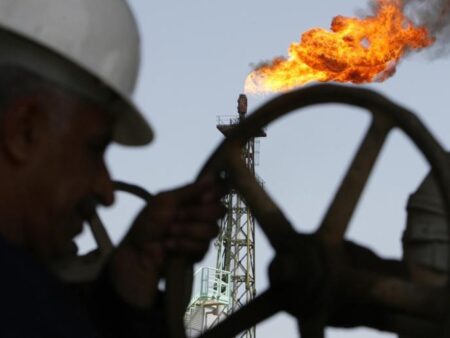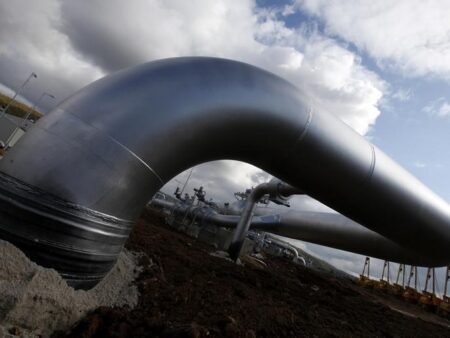Investing.com — OPEC+ is likely to delay the planned easing of oil production cuts, according to analysts at Citi Research.
The group, which includes major oil-exporting nations and allies, is preparing for a virtual meeting on December 1, where its ongoing production policies will be in focus.
The prevailing plan to gradually unwind 2.2 million barrels per day of voluntary production cuts—originally announced in June 2024—has already seen multiple delays, from an October 2024 start to December, and now January 2025.
Citi strategists believe this schedule will be further deferred, with a new potential start date in April 2025.
This anticipated delay comes against the backdrop of softening global oil demand, an oversupply forecast for 2025, and weak market fundamentals.
Citi estimates that global oil stocks are set to increase by approximately 1 million b/d in 2025, despite the ongoing cuts, with prices averaging $60 per barrel for the year.
Additionally, demand from China, a key consumer of crude, is expected to be lower than anticipated, while non-OPEC+ production continues to rise robustly.
OPEC+ members are reportedly hesitant to bring more oil to the market due to concerns about creating downward pressure on prices.
However, the likelihood of deeper cuts also appears slim, as current prices remain above $70 per barrel, and geopolitical uncertainties linger.
Additionally, some members, including the UAE, Iraq, and Russia, are eager to increase output.
The UAE, in particular, has self-reported a significant rise in production capacity and is seeking to implement a baseline quota increase that was scheduled for early 2024.
Geopolitical factors further complicate the decision-making process. The ongoing Russia-Ukraine conflict and fluctuating tensions in the Middle East, alongside new trade tariffs proposed by U.S. President-elect Donald Trump, is influencing market dynamics.
Trump’s announcement of a 25% tariff on oil imports from Canada and Mexico could significantly increase costs for U.S. refiners and consumers, potentially reducing oil demand further.
While deferring the tapering of cuts provides OPEC+ with flexibility to respond to market shifts, it also limits their ability to capitalize on price spikes in the event of supply disruptions.
Citi analysts suggest that any substantial changes in the OPEC+’s strategy will likely depend on a significant alteration in market conditions, such as a de-escalation of geopolitical risks or a sharp recovery in demand.
For now, the OPEC+’s strategy appears focused on maintaining balance in a challenging and uncertain oil market.

















